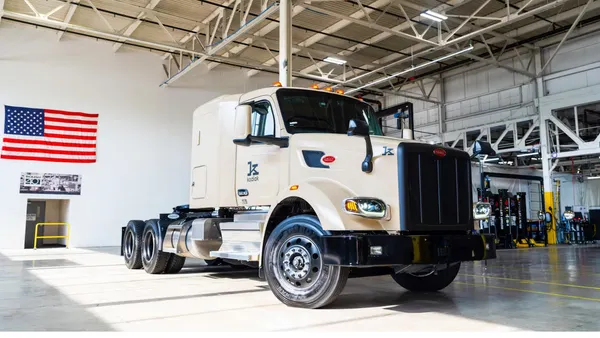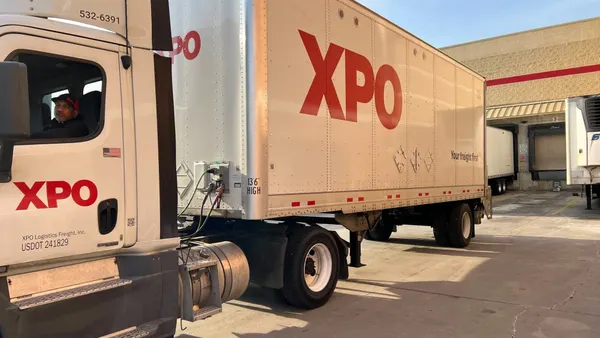The variety and functionality of freight technology available today is staggering.
That’s a good thing, but it leaves many companies with a conundrum: Do you rely on software vendors to assist with implementation, or do you turn to system integrators?
The quick answer: It depends.
Vendors are tasked with configuring the application based on requirements provided by the client; they’re not paid to understand the implications of the change to personnel, processes or systems — which is the role of a system integrator.
Let’s suppose you’re changing how your drivers are paid, from hourly to an activity-based pay structure. A software vendor and a system integrator will approach this implementation quite differently.
Myopic versus holistic
Software vendors are in the business of selling software. Implementation to most of them means to just install it, make sure it works and move on to the next job.
In our driver compensation scenario, the software vendor will take a myopic view of the task at hand:
- It can assist you in modifying the settings in the driver-pay application to accurately calculate driver pay.
- It can test various scenarios to ensure consistency and accuracy in the calculations and can often help identify workarounds where there are gaps between application functionality and your needs.
- It will test the changes and train your users on how to maintain the application.
- It will specify the required inputs to drive the calculations, as well as the outputs passed on to the payroll system.
The fleet is then left to actually figure out how to integrate the systems, engineer the business process and manage the change/transition from an end-user standpoint.
A system integrator, on the other hand, will take a holistic view of the same task, cognizant of upstream and downstream systems, processes and people — often looking at it from technical, financial, change-management, risk-assessment and post-implementation-assessment perspectives.
Simplicity versus complexity
Investing in any technology, no matter how simple, requires some level of planning and implementation to reap the desired benefits.
From there, it’s key to understand that software vendors and system integrators have wildly different responsibilities.
When a technology implementation is "simple," i.e., the application is self-contained — no integration required — then it’s appropriate to use the software vendor’s services in this capacity. It’s also appropriate when the integration requirements are very basic.
Investing in any technology, no matter how simple, requires some level of planning and implementation to reap the desired benefits.

If the technology implementation requires any major shift from a process perspective or a change in management perspective (i.e., how difficult will it be for existing users to pick up the new technology and process?), a system integrator is called for.
The best time to engage a system integrator is often before the software is even purchased. It’s critical to the long-term success of complex implementations to do the necessary due diligence upfront, to determine the right purchase options based on the end results desired.
Vendors have their role, as do system integrators, and each is critical in a multi-faceted implementation. But understanding how to best use them will yield the optimal result.
Brad Forester is the managing partner and founder of JBF Consulting. Views do not necessarily reflect those of Transport Dive










